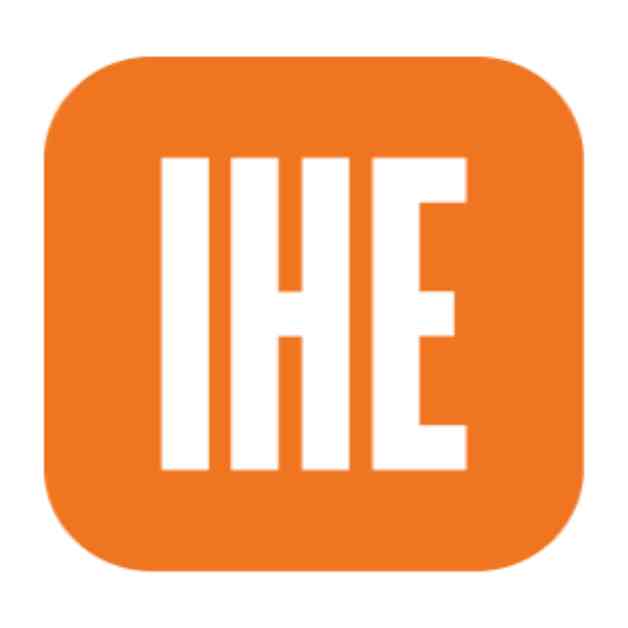The New College of Florida recently made headlines as it disposed of hundreds of books from its main campus library and the library of its Gender and Diversity Center. This controversial move has sparked discussions about the importance of preserving knowledge and the impact of erasing diverse voices from educational spaces. The Sarasota Herald-Tribune reported on the disposal, shedding light on the implications of such actions within the academic community.
Controversy Surrounding Book Disposal
The decision to discard a significant number of books, particularly those focusing on topics related to sexuality, gender orientation, and religious studies, has raised concerns among students, faculty, and the wider public. One of the most notable books discarded was “When I Knew,” a collection of first-person stories recounting individuals’ experiences of realizing their sexual orientation. The removal of these books has sparked debates about censorship, academic freedom, and the value of diverse perspectives in educational settings.
While some argue that the disposal of books is a necessary step to make space for new materials and streamline library collections, others view it as a troubling trend that risks erasing important voices and perspectives from the academic discourse. Amy Reid, the faculty chair at New College of Florida, emphasized the significance of books as essential sources of knowledge and expression. She likened the act of discarding books to undermining the principles of democracy and intellectual freedom.
Impact on Student Access to Resources
The disposal of books from the main campus library and the Gender and Diversity Center has also raised concerns about the impact on student access to resources. While books from the main library were reportedly driven away in a garbage truck, students had the opportunity to sift through the discarded books from the Gender and Diversity Center and take some home. This process of selection and removal has left many students questioning the criteria used to determine which books were deemed expendable and which were salvaged.
For students at New College of Florida, the availability of diverse and inclusive resources is crucial for their academic and personal development. The removal of books that address topics related to sexuality, gender identity, and cultural diversity may limit students’ ability to engage with important issues and perspectives. In an increasingly interconnected and diverse world, access to a wide range of resources is essential for fostering a more inclusive and informed campus community.
Broader Implications for Academic Freedom
The disposal of library books at New College of Florida also reflects broader challenges facing academic institutions in the current political climate. Across Florida, public universities are facing pressure to comply with state laws that restrict funding for diversity, equity, and inclusion (DEI) programs. The closure of student resource and community centers, such as the Gender and Diversity Center at New College, signals a shift towards a more conservative educational agenda that prioritizes certain perspectives over others.
Governor Ron DeSantis’s campaign to reshape Florida’s public university system according to his conservative vision has sparked debates about academic freedom and the role of higher education in promoting diversity and inclusivity. The targeting of institutions like New College of Florida for their commitment to DEI initiatives raises concerns about the future of diversity on college campuses and the ability of students to engage with a wide range of perspectives.
In conclusion, the disposal of library books at New College of Florida is not simply a matter of clearing out physical space or updating collections. It is a symbolic act that reflects larger debates about censorship, academic freedom, and the value of diverse voices in educational settings. As students, faculty, and the wider community grapple with the implications of this decision, it is essential to reaffirm the importance of preserving knowledge and promoting inclusivity in academic spaces. Only by valuing diverse perspectives and engaging in open dialogue can we truly uphold the principles of intellectual freedom and democratic discourse.




















